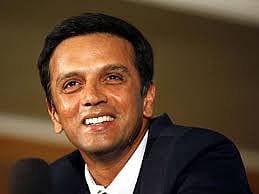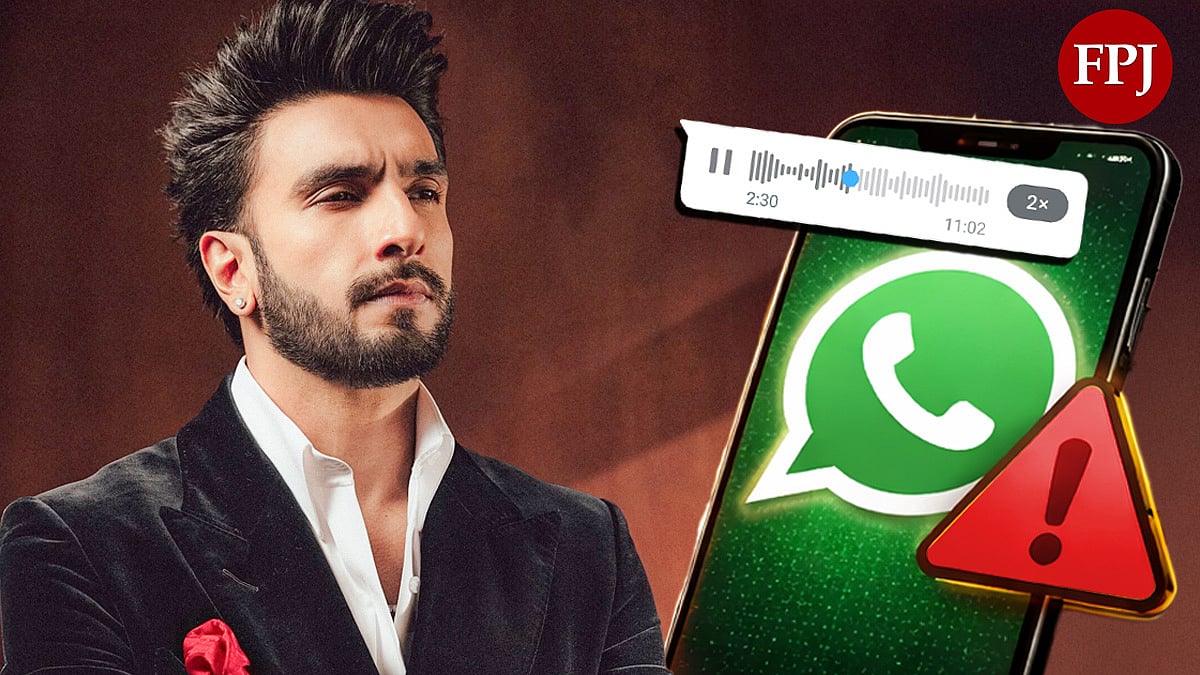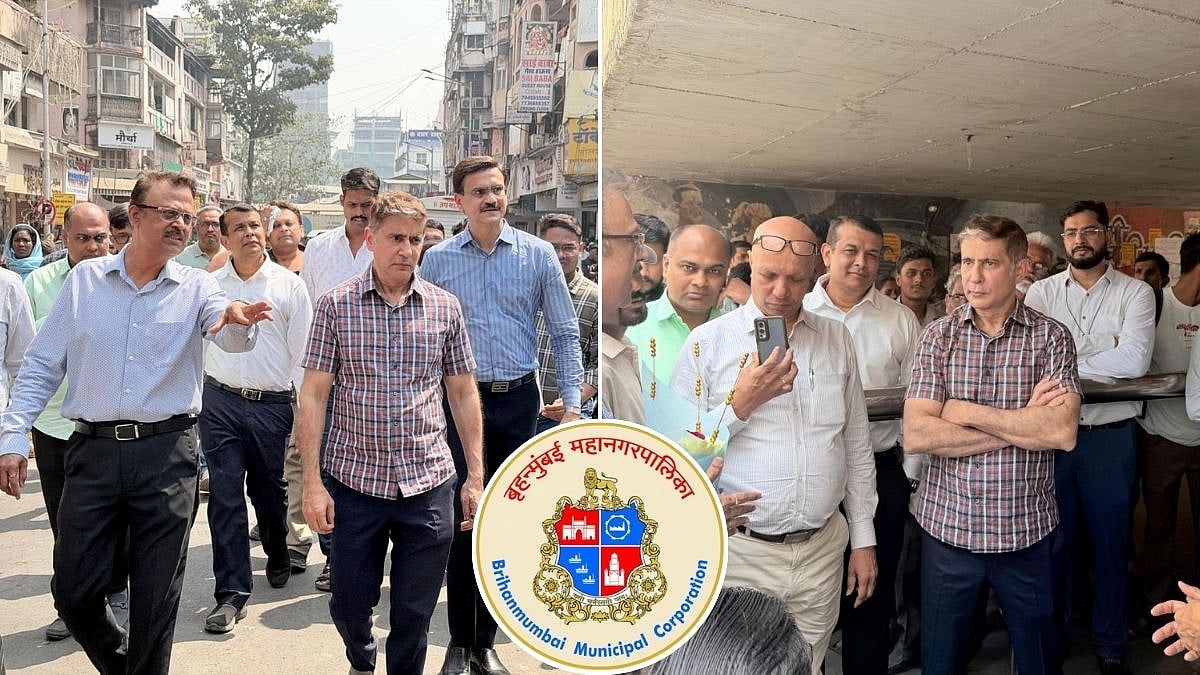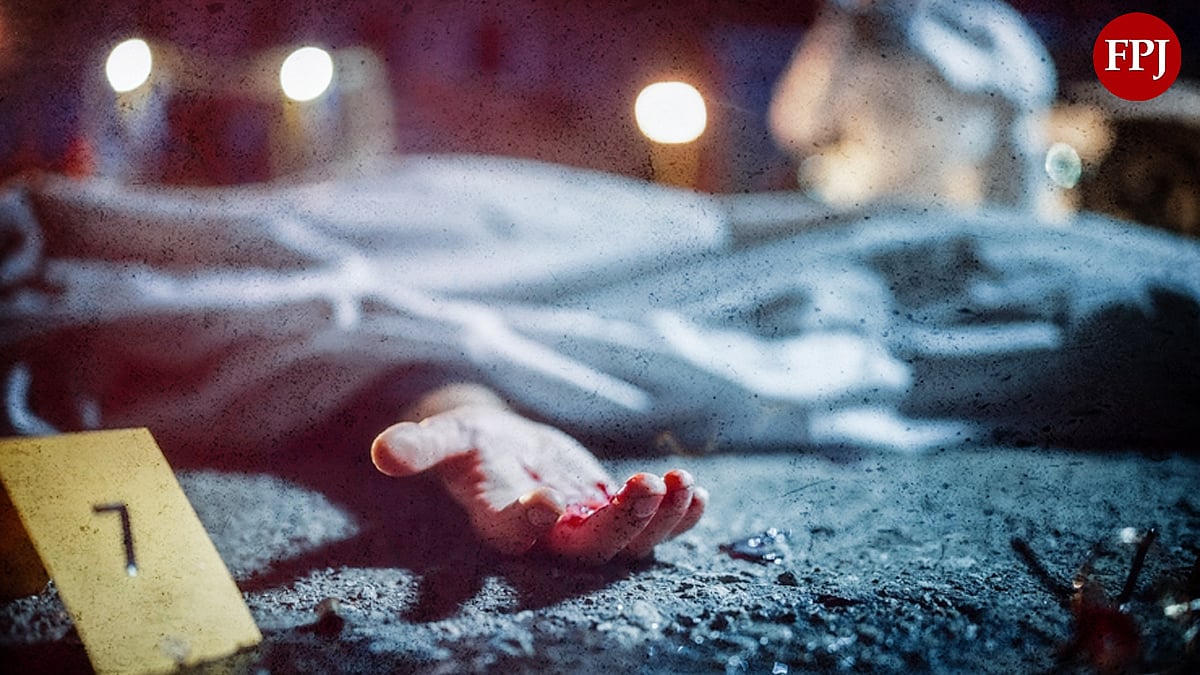International cricket is scheduled to restart in July when West Indies tour England for Test and limited overs fixtures. In the same month, England will host Pakistan too similarly. This is terrific news for all stakeholders of the sport, which has been in limbo since the global lockdown because of COVID-19.
England, and in fact the entire cricket world, would be mighty relieved that the West Indies and Pakistan cricket boards responded positively to the invitation to tour. The coronavirus has been particularly harsh on England in terms of number of positive cases as well as fatalities, so obviously this wasn’t an easy decision.
The selflessness of the West Indies and Pakistan boards has lifted the morale of everybody associated with cricket. But this rise in cheer is not without some hurdles and obstacles. The apprehension among players is not entirely removed.
Three West Indies players who would have been in the 25-member squad – Darren Bravo, Shimron Hetmyer and Keemo Paul – have declined to go on the tour. The West Indies Board had made the tour optional, not mandatory for the players, so no action will be taken against the three.
Yet, the fact that these players have turned down an assignment (remember, the West Indies Cricket Board has announced a 50 percent cut in wages for everybody) highlights that the fear factor among cricketers still lingers. This is not restricted to West Indians, but would be true for players from all over the world.
So on the one hand, while players are eager to resume playing, there is also skepticism about the right time to do so. With no signal from global health authorities like WHO that the COVID-19 threat has receded, it is perfectly understandable why players are grappling with the dilemma.
In fact, even before the West Indies tour of England was finalised, the issue of player comfort in playing in these uncertain times has had repercussions elsewhere too, particularly the BCCI, IPL Governing Council and franchise owners in the past couple of months.
The eagerness to ensure that IPL 2020 is not cancelled is evident not just in the Indian cricket establishment, but all over. The financial gain in playing the tournament, even at the cost of the T20 World Championship, is too large to ignore.
However, even if IPL 2020 takes precedence over everything else in the cricket itinerary and is staged before the year ends, will all foreign players participate? This is crucial question that hasn’t found a cogent answer yet.
Points of view emerging on the matter in the past few weeks (largely informal) have been divided down the middle. One school of thought believes that the absence of overseas players would seriously dent the watchability of the IPL, the other argues that even with only domestic players, IPL will ensure revenue streams and protect livelihood of various stakeholders.
How the IPL story unravels remains to be seen. Meanwhile, with West Indies and Pakistan both due to tour England in July, there is much to learn on how cricket could be played and covered: in the short-term certainly, but perhaps even deep into the future because the COVID-19 experience will not vanish soon.
Both the series will take place in a ‘bio-secure’ bubble. This extends to beyond just playing for only audiences on TV or on digital platforms. There is a series of other precautionary measures that have to be ensured, including medical testing for participants, support staff, TV crew, proximity of hotel to ground, etc.
While all such procedures will have to be agreed upon by the sports federations (it is not restricted only to cricket) and governments concerned where matches are to take place, this does not make the exercise foolproof. Some element of doubt – and trepidation – does persist.
Rahul Dravid, former India captain and current head of the National Cricket Academy, raised a very pertinent question mark on the feasibility of a bio-secure environment in restarting sport at the highest level.
In a recent webinar organised by YUVA, an NGO for underprivileged sportspersons, Dravid highlighted a bug in the bio-secure system. “You do all the testing and quarantine and then on day two of the Test match, what if one player, for example, tests positive? What happens then?’’ he asked.
Dravid argued that rules across the world today say that in such a situation, the Public Health Department of that city/state/country has to step in immediately and quarantine everybody associated with the match or series. That could potentially end not just a particular match, but the entire series.
Dravid was of the view that resumption of cricket – and by extension other sports, too -- would need total collaboration between health authorities and sports federations, and till such time as the threat of COVID-19 exists, it might be prudent to bide time than jump into international fixtures.
Sport (across disciplines) is at an inflection point now. The cricket series to be played in England next month – like Bundesliga which commenced recently – could provide some answers to what the future holds. Or throw up more questions!
The writer is a senior journalist who has been writing on the sport for over 40 years.




